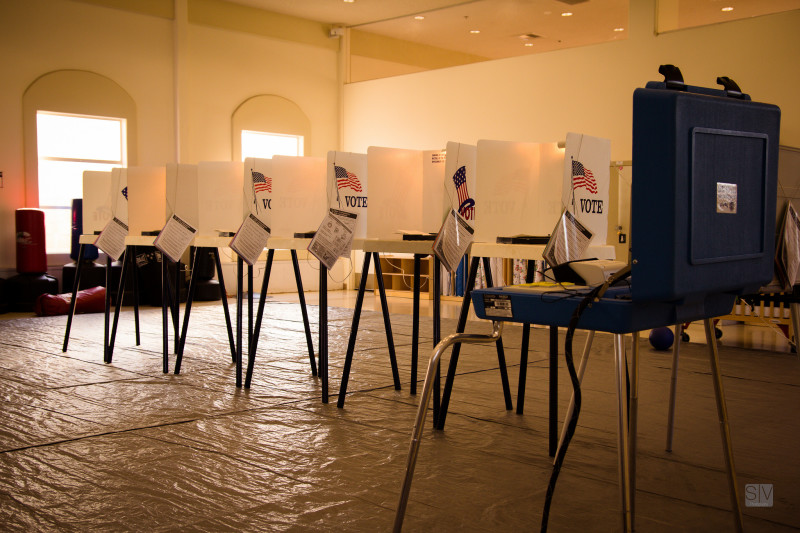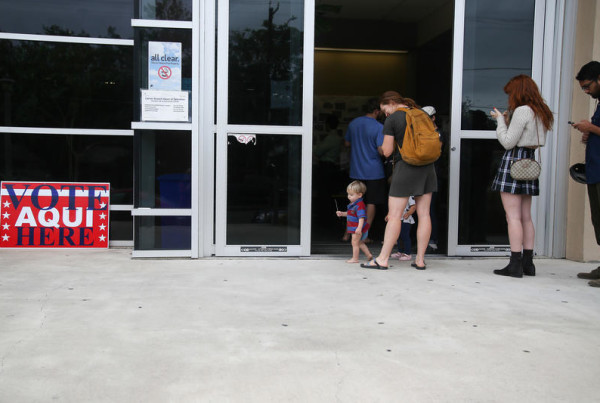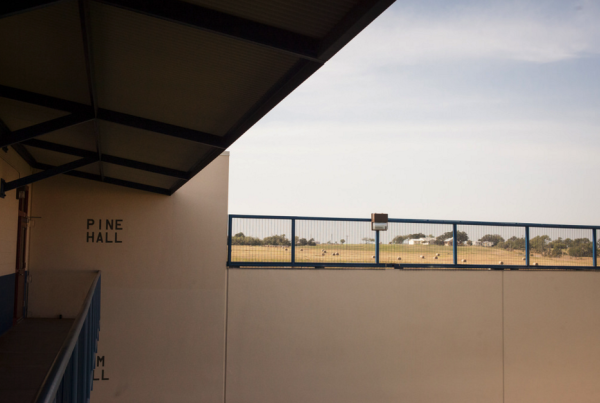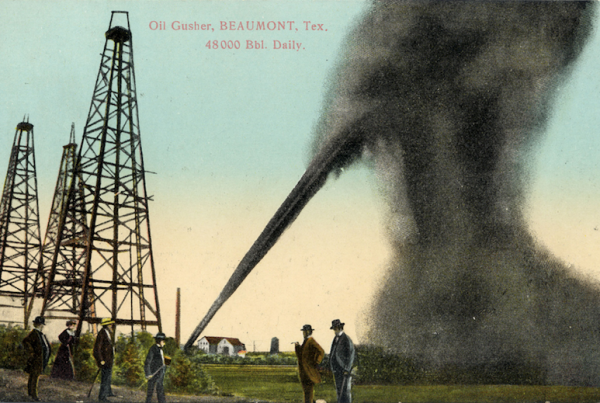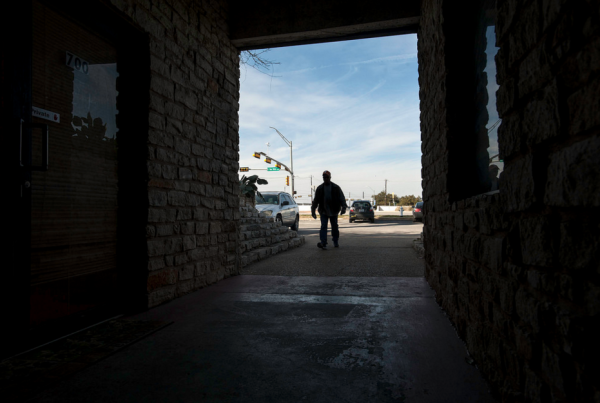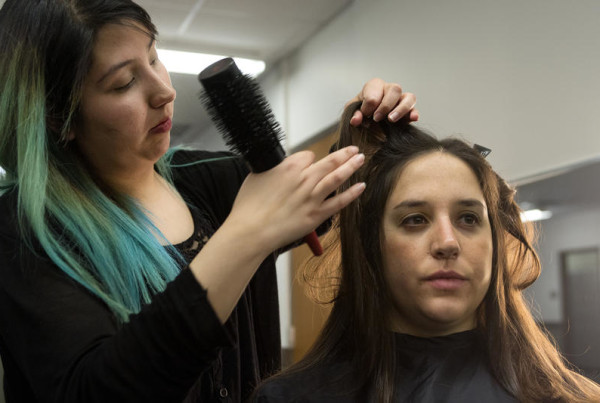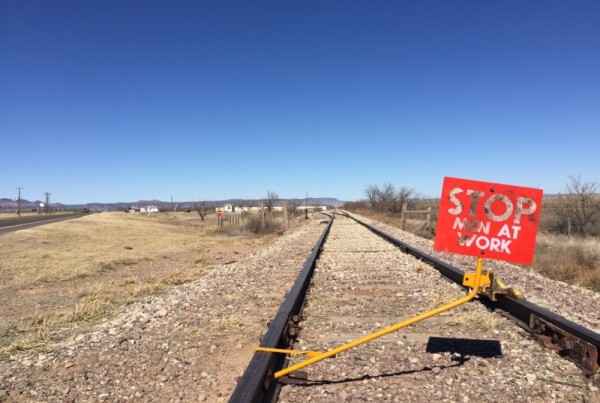On Tuesday, New Hampshire voters will exercise their right to shape both Republican and Democratic presidential nominees’ futures. They’ll be voting in the country’s second nominating process – the primaries.
Some experts believe Donald Trump and Bernie Sanders have the greatest chances for victory in New Hampshire and that wins there could give them a lot of momentum in their push for the presidency.
But why should New Hampshire and Iowa have so much political influence? Texas, home to four of the country’s largest cities, plays a larger role in the country’s economic well-being and better mirrors the country’s racial demographic than those states. What if Texas got to vote first?
Paul Kellstedt, a professor of political science at Texas A&M University, says while Texas is certainly larger and more diverse than either Iowa or New Hampshire, there are a few factors at play. Both states have flexibility in their laws to move their dates earlier, so they can go first.
“The official date of the New Hampshire (primary) … is actually a March 1,” Kellstedt says. “But the Secretary of State of New Hampshire actually has the right under the law to move it earlier to preserve New Hampshire’s first-in-the-nation status.”
In other words, if Texas were to schedule our primary in the middle of January, New Hampshire could just set their date earlier too.
“Which sounds maybe a bit silly, but that’s actually exactly what they said they would do if anyone intended to usurp their status,” Kellstedt says.
Another consideration is a bit more practical, Kellstedt says. Texas is enormous. Starting about six months before the Iowa caucus, candidates from all over the U.S. inundate the state with their campaigns.
The Super Tuesday primaries – which is sometimes called the SEC Primary because it includes Texas, Virginia, Tennessee, North Carolina, Georgia, Arkansas and Alabama – ensures the southern region’s influence on later campaigning, Kellstedt says, “without necessarily upsetting the apple cart with the national parties.”
Another reason to keep the primaries as is: the national Democratic and Republican parties twist arms in terms of delegate numbers, Kellstedt says. States that start jockeying for a better position in the primary sweepstakes have been threatened with losing delegate spots, or even being entirely excluded from the process. Kellstedt says he doesn’t have a recommendation for changing the way primaries work in this country.
“I don’t think that Iowa and New Hampshire actually have an outsized say in the outcome,” he says. “They don’t pick the President all that often and so I don’t think that the system is broken. … I don’t necessarily think that it needs fixing.”


